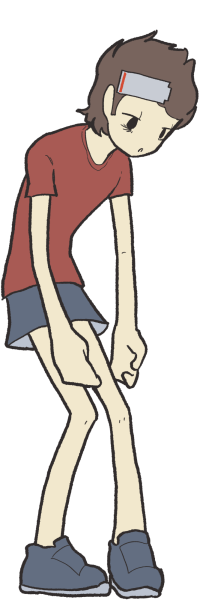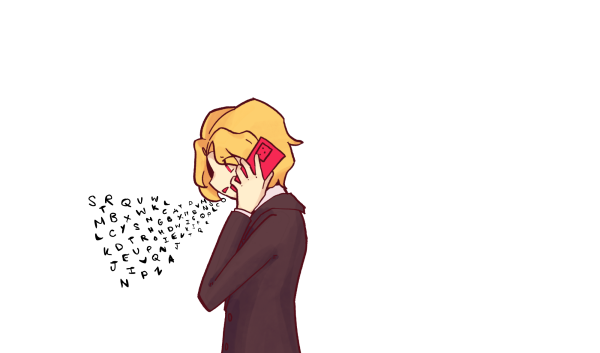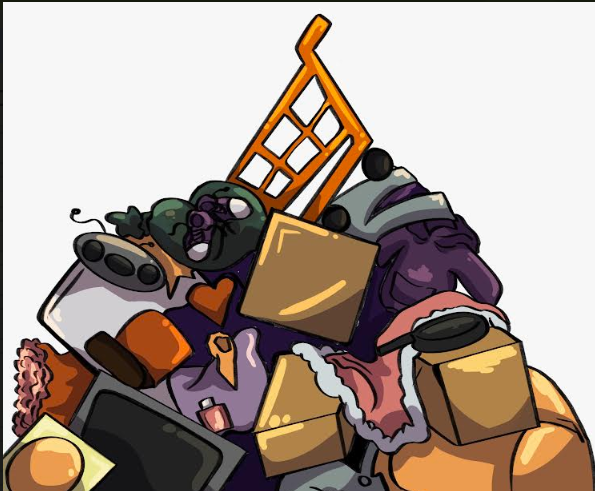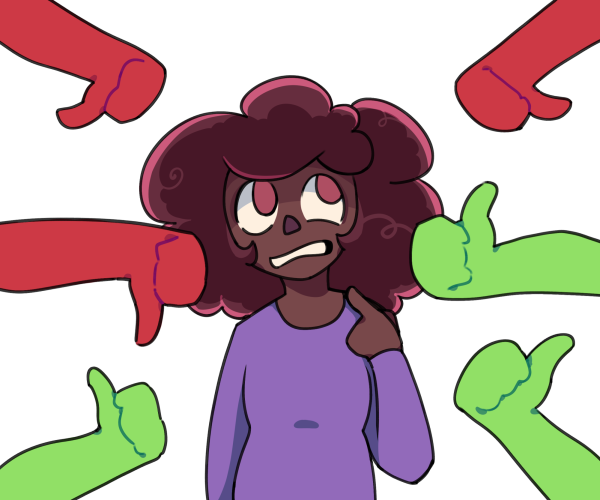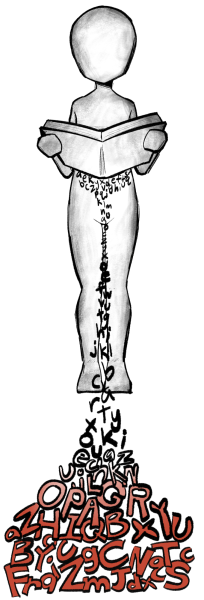Dungeons and Dragons teaches life lessons, encourages creativity
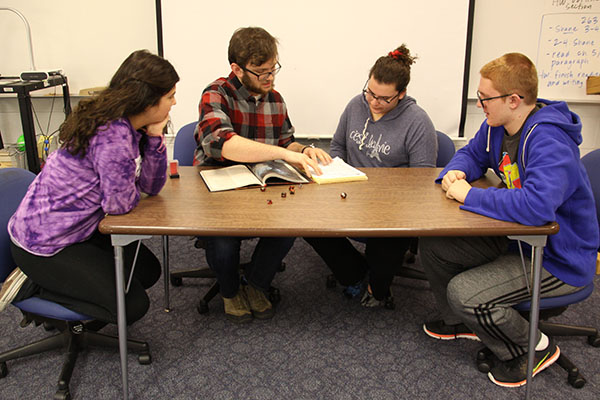
Photo Illustration by Sophie Mason
February 10, 2017
Dungeons and Dragons. Whether you secretly judge the pastime or are a fervent participant on game nights, it’s probably fair to say you know about the nature of the game.
Or… do you?
Odds are, if your knowledge of the game is limited, you might think it’s weird and nerdy. But as it turns out, there are a whole number of important skills everybody would be able to learn from Dungeons and Dragons (D&D), even if you’re not ready to commit to the life of chaotic imagination.
A few months ago, one of my friends offered to teach me the ways of ye olde 1970s tabletop phenomenon. Not knowing too much about it, my curiosity said “heck yes,” and I dove into the makeshift world headfirst. What I learned totally countered and re-crafted my perceptions of the game, even after just an hour or so of playing.
You know how English teachers are (hopefully) always pushing you to be creative in your thinking? Well, creative thinking is the very first step to succeeding in the game. The character you choose to be — a persona you create and tailor to be good, bad, chaotic, lawful, quick, bright, thoughtful or strong — encounters situations that demand your creative mind gets to work.
The way it works is that one person (the “Dungeon Master”) guides the characters through a series of events that unfold the story of the game. But the story quickly spins into the direction you choose to take it, because it’s how your character responds that drives the game. You’re not always given options of what to do; it’s not always choose your own adventure. It’s more like create your own adventure.
To me, at least, it’s a lot like life: you run into problems, but it’s not the problem that dictates the outcome, it’s your reaction, what you choose to do in response to that problem. And similarly to life, you aren’t always given a multiple choice array of possible moves; you need to actually create possibilities for yourself.
Beyond that, the game deals with chance and risk. Though you have the liberty to come up with your own moves, you roll different dice to determine if you will succeed, or if you will be stopped dead in your tracks. In my eyes, that’s pretty legit, because in real life, we’re forced to make choices when we usually aren’t certain of the outcomes. It’s a balance between being in control and being at the mercy of chance.
And, if nothing else, something awesome I learned about Dungeons and Dragons is that it is what you make of it. So maybe you’ve harbored your own preconceived notions of what a typical game might look like, but that’s just it; there isn’t a ‘typical’ game. Every game is different, and it’s you and the people you play with that shape the direction and nature of the game.
So I guess what I’m trying to say here is that there may be an unfair stigma surrounding a game that deserves some serious respect. D&D might seem nerdy, quirky, silly, or confusing, but it’s a game that requires you to think on your feet and actually be a creative and strategic human being.
D&D lets you be fun and dangerous and risky and smart, and more importantly, it’s a wild card that can turn a boring night alone into a night spent with friends who are willing to stand out and be different.
I know the majority of you will still probably never care for the game, and that’s totally okay. However, hopefully you’ll see that the game doesn’t define the player, but rather that it’s the other way around. All the people I know who play the game are creative, humorous, playful and improvisational, which is something I respect about the game and my friends.
The game earns my respect not only because it’s about suspending reality for a bit and letting yourself sink into your imagination, it also brings people together for, *gasp,* actual face-to-face, thought provoking, human interaction! So drop your judgments, suspend your beliefs, and learn to be a little different–it’s much more fun.






